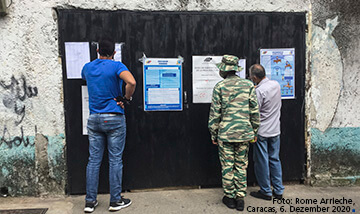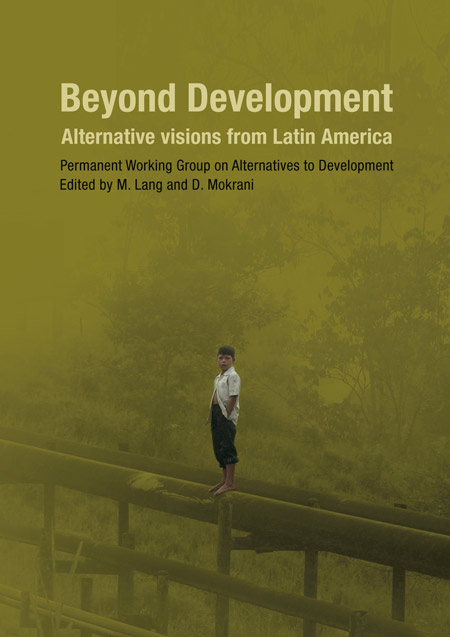Summary
From the moment the Venezuelan National Assembly came under the control of the opposition, after the election of 2015, the country has experienced a period of intense political confrontation that has aggravated an economic and institutional crisis in which more than 50 countries have taken sides. The country’s political actors have attempted to reduce the level of the conflict and resolve the crisis on three occasions by means of three electoral processes, but success has been elusive. The most recent attempt took place on December the 6th, when constitutionally mandated parliamentary elections were held for the 2021-2026 period. However, the principal opposition block, supported by international pressure from both the United States and Europe, (which did not recognize the elections) decided not to participate, citing unfair conditions and calling on its supporters to abstain from the ballot and delegitimize the process.
The results of the disputed ballot are that the United Socialist Party of Venezuela (PSUV), the party of President Maduro, and its allies, now have an absolute majority in Congress, giving it broad ranging powers. However, to put the results in context, with only 31% of voters participating, the party received two million fewer votes than in the presidential election of 2018, where it obtained 6,245,862 votes. The party even polled a million votes less than the 5,625,248 it obtained in the 2015 parliamentary elections, in which it was defeated by the opposition. In proportional terms, however, it performed better (27% of registered voters) than it did in 2005 (14.3%) when it also participated in elections without any opposition; showing a sign of its ability to recover over time.
*Social communicator graduated from the Central University of Venezuela and researcher in Social Sciences.
**Social Psychologist graduated from the Central University of Venezuela. Political analyst and PhD candidate in Political Science at the Complutense University of Madrid.



